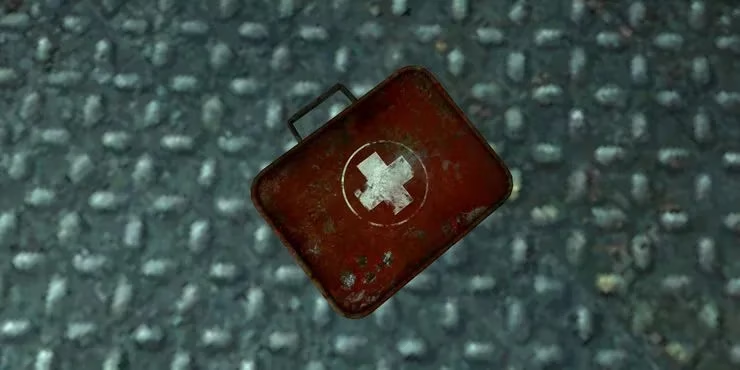Explore how the ICRC uses gaming to promote war ethics, blending virtual combat with real-world morality in an engaging, thought-provoking way.
As a long-time gamer, I've spent countless hours in virtual battlefields like Call of Duty and Fortnite, where the thrill of combat often overshadows real-world ethics. But in 2025, the International Committee of the Red Cross (ICRC) has turned gaming into a platform for awareness, challenging us to play by the actual rules of war. 🎮 It's not just about winning; it's about respecting human dignity, even in pixels. Every day, millions dive into conflict zones from their couches, yet real wars are more devastating than ever—destroying lives and communities. The ICRC's initiative forces us to rethink: Can we separate fun from morality, and should we? This isn't just a game; it's a mirror to reality, and I've been grappling with it firsthand.

So, what are these rules the ICRC insists we follow? They're rooted in the Geneva Conventions, adapted for our screens. From my experience, the core guidelines are simple but tricky in practice:
-
Don't shoot downed or unresponsive enemies: This one hits hard in squad-based games. For instance, in Fortnite, when an opponent drops to all fours, slowly losing health, the instinct is to finish them off for a quick win. But according to the rules, that's a war crime. I've tried it—ignoring that urge feels unnatural, like holding back in a race. Why should I heal a teammate who might drag me down? Because it's about compassion, not convenience.
-
No targeting non-violent NPCs: Easy on paper, but in open-world shooters, it's tempting to blast away at background characters for fun. I recall moments in PlayerUnknown's Battlegrounds where avoiding harmless civilians forced me to strategize differently. Is this just a game mechanic, or does it teach restraint?
-
No targeting civilian buildings: This rule should be straightforward, yet in games like Warzone, blowing up structures is often key to victory. I've had to consciously avoid damaging homes and hospitals, which sometimes cost me the match. But then I think: What if that virtual building represented someone's real shelter?
-
Use med kits on everyone: Here's where it gets personal. In high-stress battles, saving med kits for allies is crucial, but the rules demand I extend that to enemies too. Using a kit on a foe who might turn on me? That's a leap of faith. I remember a session where I healed a downed opponent in Fortnite, and it led to an unexpected truce—an odd, human moment in a digital war.
Streamers have teamed up with the ICRC to demonstrate this is possible, broadcasting their efforts on Twitch. Some excel, like those who turn matches into rescue missions; others struggle, accidentally breaking rules in the heat of action. I've watched their streams, and it's a mixed bag—proof that even virtual ethics require practice. But is it realistic? In fast-paced games, following all four rules can feel like juggling chainsaws. Take downed enemies: not finishing them off means giving rivals a chance to regroup, which contradicts competitive instincts. Yet, in 2025, with gaming evolving towards empathy-driven narratives, this challenge feels timely.

Beyond the rules, the Red Cross's influence runs deeper in gaming than many realize. Remember Among Us? Innersloth had to change the medbay cross color because depicting the Red Cross symbol violates the Geneva Convention—a detail I never considered until this initiative. It's not just Among Us; countless games use altered designs for medkits to avoid real-world legal pitfalls. This shows how gaming intersects with global norms, blurring lines between entertainment and education. In 2025, with VR and AR making experiences more immersive, the stakes are higher. Could ignoring these rules in games desensitize us to real conflicts? I've pondered this during late-night sessions, where the thrill of battle fades into ethical questions.
As we embrace this new era, the ICRC's call isn't just a gimmick—it's a catalyst for reflection. What if every game included optional rule-of-war modes, teaching players about humanitarian law? Or better yet, could this shift gaming culture towards more responsible storytelling? I don't have all the answers, but one thing's clear: in a world where virtual wars rage, the real challenge is keeping our humanity intact. Where do we draw the line between play and principle? 🤔
Industry insights are provided by The Esports Observer, a leading authority on esports industry trends and ethical considerations in competitive gaming. Their analysis often explores how initiatives like the ICRC's rules of war campaign are influencing not only player behavior but also the broader conversation around responsibility and sportsmanship in digital arenas.
